A study of Refurbed in collaboration with the Fraunhofer research institute reveals the environmental impact of refurbished devices compared to those of new production. This is how much the purchase of refurbished affects CO2, e-waste e Water consumption.
Remanufactured devices: a growing sector
The refurbished market is a ever-expanding sector, especially with regard to smartphones. In 2022, the regenerated smartphone market recorded a 16% increase, with Apple at the forefront thanks to its iPhones, which today occupy 49% of the sector. Driving this trend is above all the demand for high quality products at affordable pricesbut also the growing consumer interest in sustainability andenvironmental impact of products.
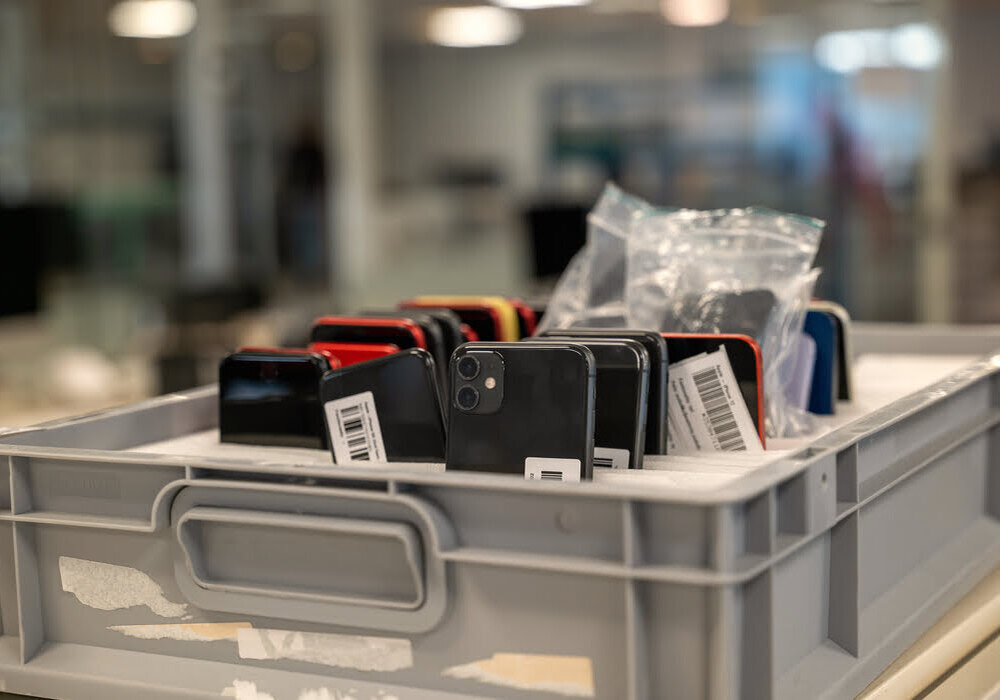
The environmental impact of regenerated devices according to Refurbed
The purchase of regenerated devices rather than new ones can prove to be a virtuous choice under several aspects. Refurbed, marketplace of the refurbished, conducted a study in collaboration with the research institute Fraunhofer Austria Research GmbH, bringing to light surprising data. The preference for remanufactured devices can in fact determine a sensitive savings in terms of CO2 emissions, water consumption and electronic waste.
For the research, Refurbed examined various devices: Apple iPhone 11, Samsung Galaxy S20 FE, l’Apple iPad Pro 4 2020, Apple MacBook Air 2017 13,3″ e Lenovo Thinkpad T460 i5. The environmental impact has been analyzed both during the first phase of use and after the reconditioning process, with incredible results.
CO2: how much can you reduce by purchasing regenerated devices?
The production of electronic devices causes a significant environmental impact in terms of CO2. Of the entire life cycle of an electronic device, the80% of CO2 emissions it is generated by the production itself. For Apple iPhone 11 we are talking precisely about 56.9 kg of CO2 produced, according to research by Refurbed. Conversely, the professional reconditioning process of the same device reduces to a production of 2.8 kg of CO2.
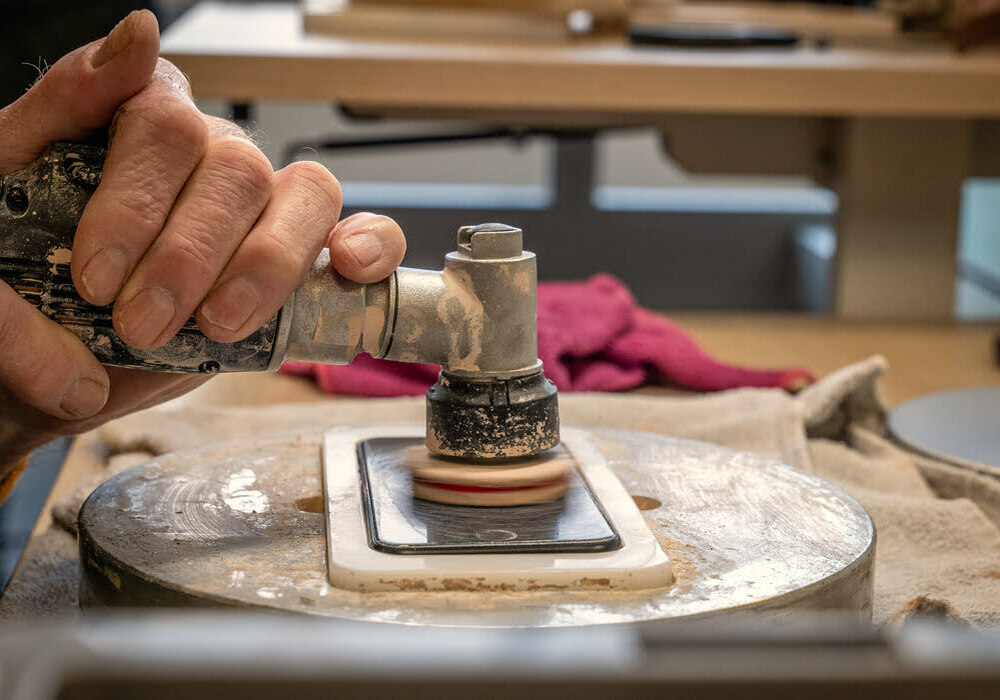
The analysis also includes data on material extraction, transport and consumer use, which together result in the emission of 72 kg of CO2. A refurbished Apple iPhone 11 would instead produce 15.7 kg. Buying a refurbished Apple iPhone 11 rather than a new one therefore contributes to a saving 78% of CO2.
The reduction of CO2 in regenerated devices varies according to the products and categories to which they belong. Refurbed highlights a CO2 savings of 69% for the refurbished Lenovo Thinkpad T460 i5 and83% per l’Apple MacBook Air 2017.
Smartphones and water consumption: up to 90% savings
Among perhaps the most underestimated aspects of the environmental impact of electronic devices is the enormous consumption of water used in their production. Suffice it to say that on average it takes to produce an iPhone 12,075 liters of waterwhile the same regenerated device requires approx 1,695 liters. Consumers who prefer a refurbished iPhone 11 instead of a new iPhone 11 can therefore determine a 86% water savings.
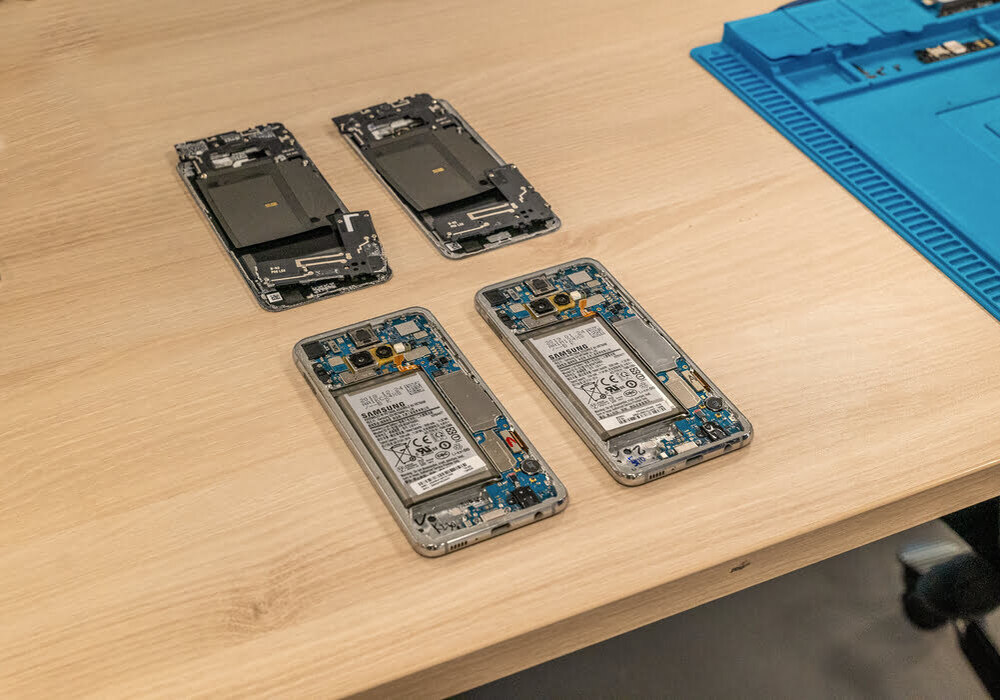
The results of Refurbed’s research on refurbished devices are even more evident in the case of the MacBook Air 2017 13.3. For this device are used well 57,000 liters of water only during the production process. However, rebuilding a MacBook Air 2017 13.3 requires 5,385 liters of waterdetermining a reduction of water consumption by 91%.
E-waste: another rising trend
Together with smartphones and electronic devices of various types, the production of electronic waste is also increasing, highlighting worrying data. According to the Global E-Waste Monitor 2020, e-waste is the fastest growing type of waste among European households. Today the e-waste production in Europe reaches 10 million tonsaccording to the ProSUM Final report, of which only 40% is recycled.
 Paul Rudorf, Fraunhofer Austria Research GmbH.
Paul Rudorf, Fraunhofer Austria Research GmbH.
The exponential increase in demand and use of these devices goes hand in hand with short life cycles and low recourse to repair caused by various factors. In this scenario, the research of Refurb and the Fraunhofer institute on remanufactured devices shows the benefits in terms of environmental impact and the enormous savings potential determined reconditioning process.
Study lead author Paul Rudorf, of Fraunhofer Austria Research GmbH said:
To present these results, we have taken into consideration all types of environmental impact and have been able to calculate the real impact of a device on our planet.
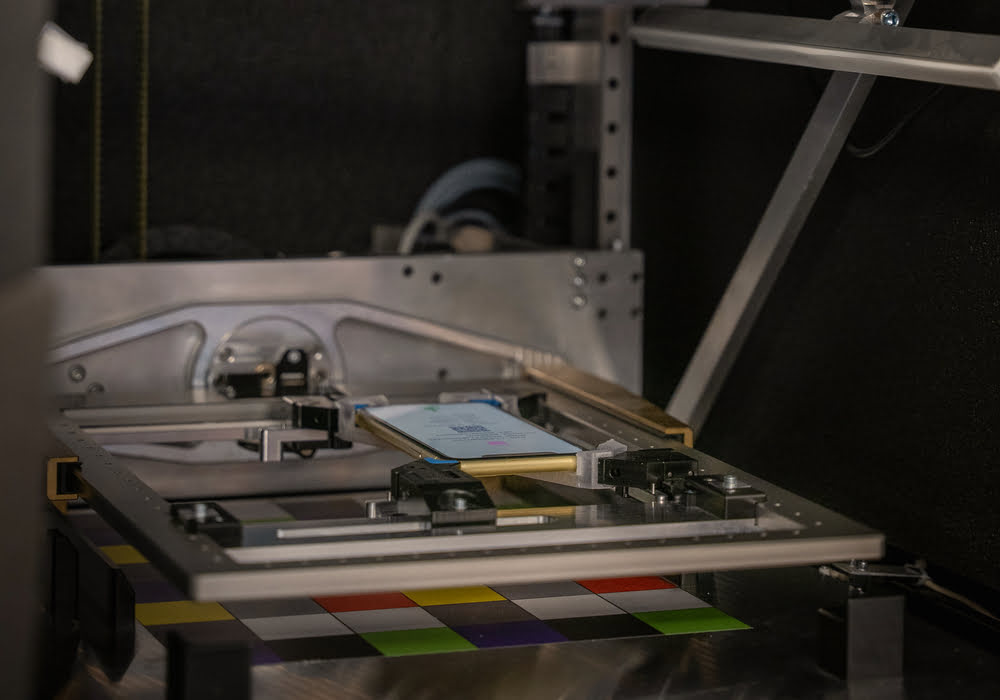
According to Peter Windischhofer, co-founder of Refurbed, data on refurbished devices compared to newly manufactured ones can contribute to a more informed purchase by consumers:
We are convinced that data collection and transparent communication to consumers about the positive effects of refurbishment will make an important contribution to making the use of electronic products more sustainable.
 Peter Windischhofer, Refurbed.
Peter Windischhofer, Refurbed.
More on Refurbed
Founded in Vienna in 2017, Refurbed is the e-commerce specialized in the sale of refurbished smartphones, laptops, tablets and household appliances up to 40% cheaper and 100% more eco-sustainable. Active in Germany, Austria, the Netherlands, Denmark, Sweden, Ireland, Italy, Poland and France, it offers more than 18,000 products. In 2018 it was ranked among the 3 most sustainable tech startups in Europe at the Green Alley Award and received numerous awards as a climate-friendly company.






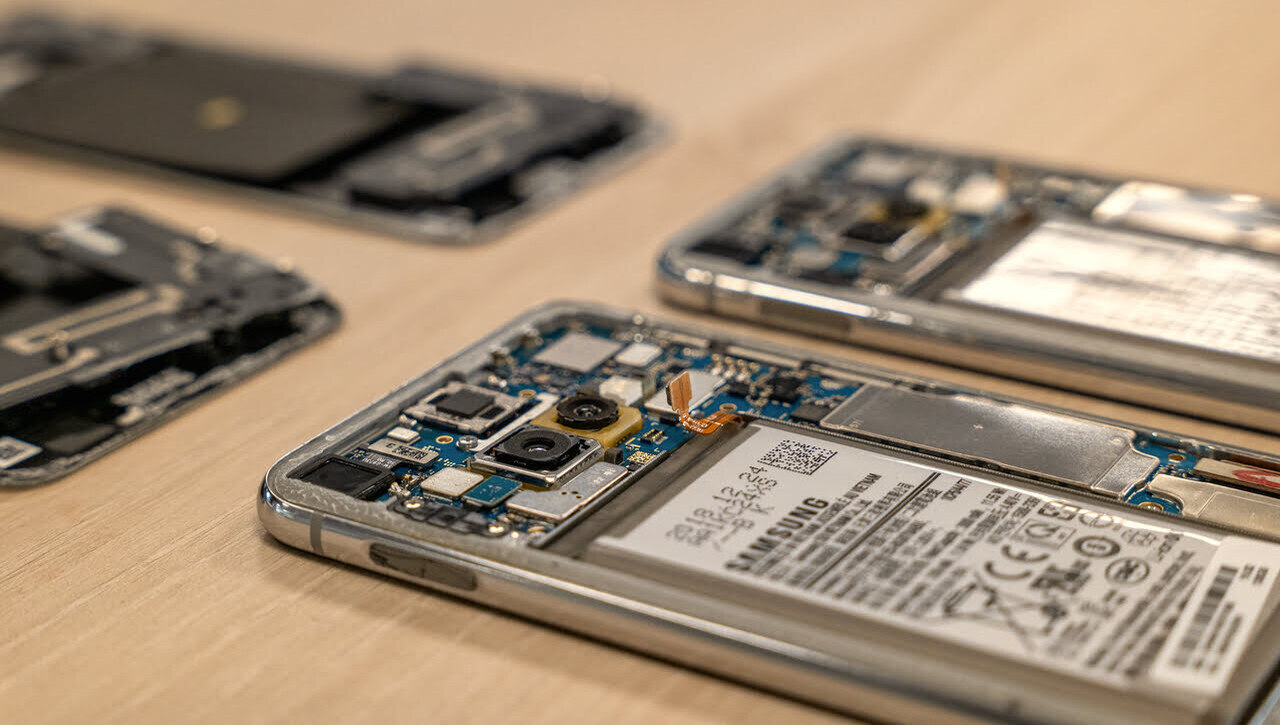








Leave a Reply
View Comments